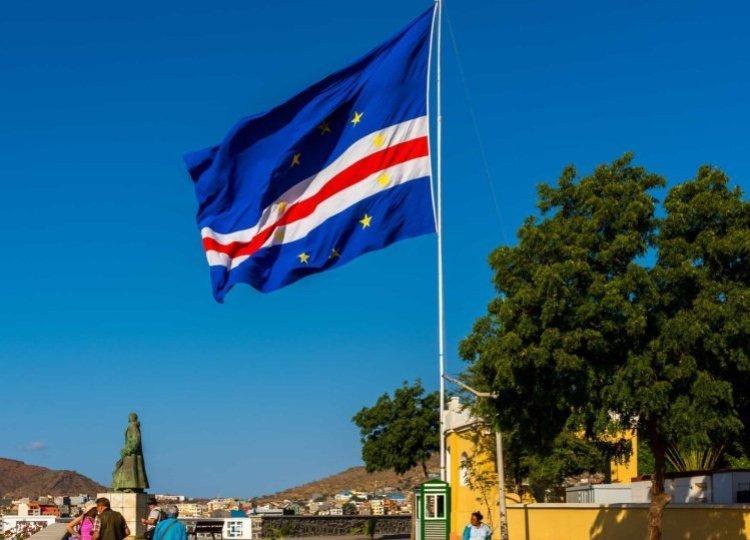Africa-Press – Cape verde. The Cape Verdean minister of communities, Jorge Santos, will propose to the Government the extension of the free nationality granting program, due to the adherence to the initiative, launched in January and which was due to end in December.
“This process, given its complexity, led us to reflect, to evaluate the path and we are proposing to the Government to postpone [extension] until the end of 2024”, Jorge Santos told the Lusa agency.
This extension must be written into law, so the legislative initiative should be known soon.
“However, all cases that are processed in 2023, until December 31, will continue to be processed in the first half of 2024, free of charge and with ease”, as planned, he said.
Jorge Santos said that he plans to present “a report with all the numbers” already achieved.
From memory, the minister cited the cases of Côte d’Ivoire, where the initiative started, with around a thousand nationality processes, more than 3,000 in São Tomé and Príncipe – where it became clear to the team that “it would be necessary to return” and continue the work –, a “huge volume” in Guinea-Bissau, in addition to interest in Angola, Senegal, Gabon, Equatorial Guinea and other African countries, but not only.
“This campaign is also having effects in the United States, South America and Europe, where the number of people who have acquired their nationality has also increased”, and they can now do so as great-great-grandchildren of Cape Verdeans, of according to the new nationality law, which came into force in August.
Obtaining nationality for “children is automatic. Then, by declaration”, it can be obtained “for grandchildren, great-grandchildren and great-great-grandchildren. It is an evolution that is having a very positive impact”, she detailed.
This scope, at the level of ancestors, given by the new law, can also make the process more time-consuming, particularly for those who have to go through archives and find documents that certify their origins before the Cape Verdean authorities.
The Minister of Communities even cites the case of Brazilian singer Seu Jorge, who spoke publicly about his ancestry on several occasions.
“He wanted to have Cape Verdean nationality” and “in light of the new law, he can now have it”, but, to do so, he needed “a wedding seat in the church of Nossa Senhora do Rosário, in Santo Antão, from his great-grandmother”, explained Jorge Santos.
The case shows how this “is a process in which we work with historical archives, with churches and civil registries”, he said.
“There are automatic processes, carried out on the day, but others can last three months”, when it is necessary to certify the origin and this step is crucial for the credibility of the process: “we are not giving nationality to anyone who wants it, just because says he is Cape Verdean, everyone has to prove it”, he declared.
According to the minister, the search for nationality is even more attractive, because both the National Identity Card (CNI) and the Cape Verdean passport are stable, secure documents with recognized credibility.
“The passport is a very credible document, legally, and with the support of the European Union (EU) it is a very secure document” and which “allows good mobility for holders”, he said, alluding to mobility agreements with the EU and the Community of Portuguese Speaking Countries (CPLP).
“All of this has facilitated the labor mobility of Cape Verdeans”, he concluded.
For More News And Analysis About Cape verde Follow Africa-Press






